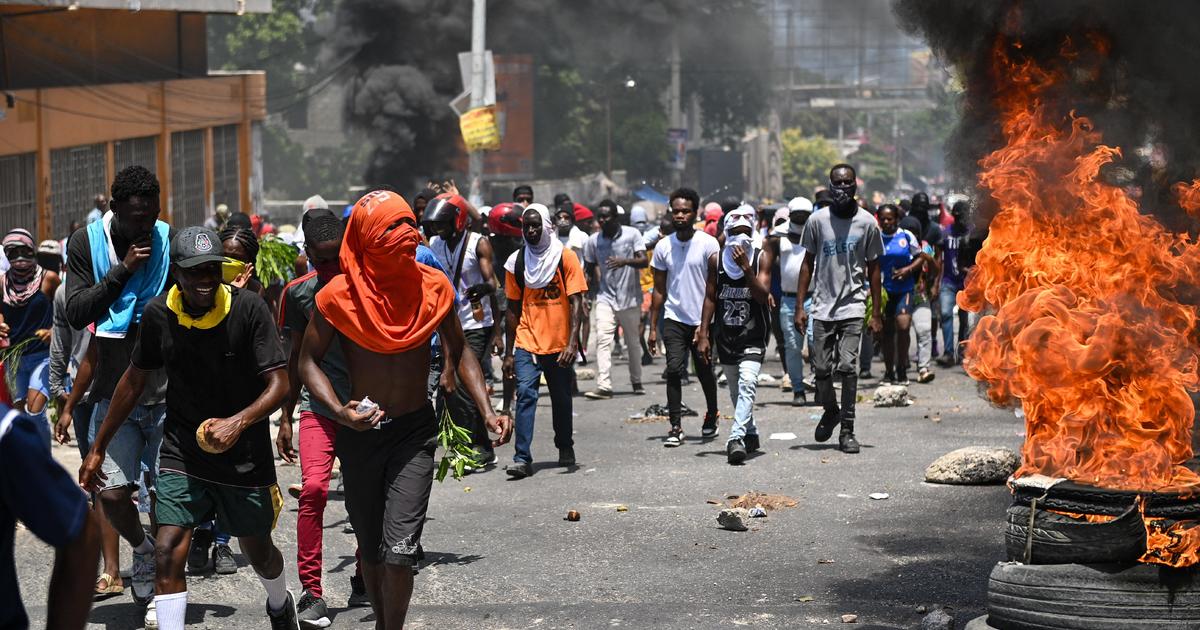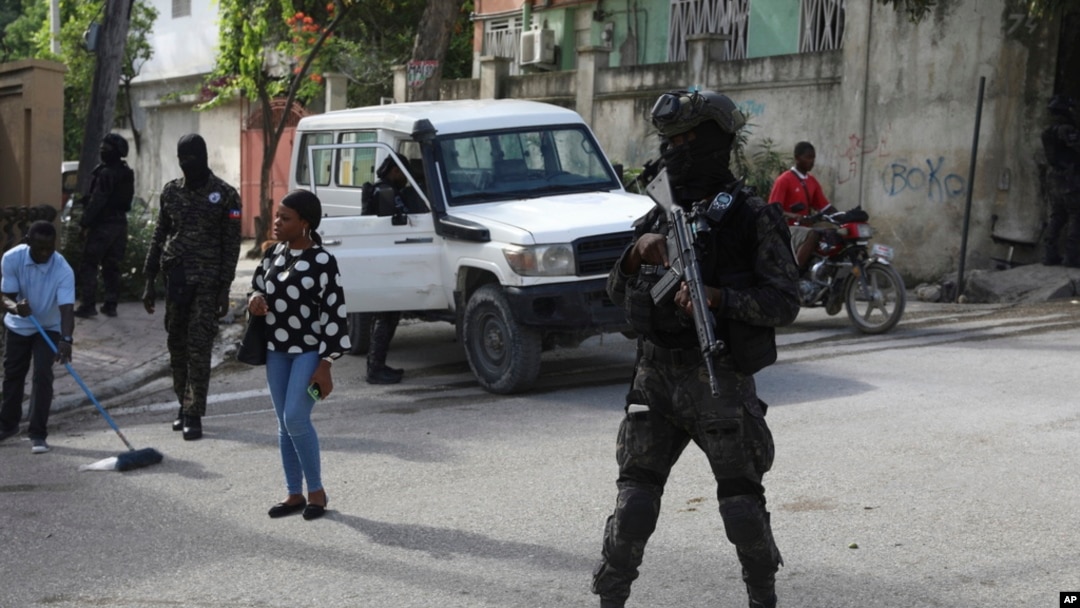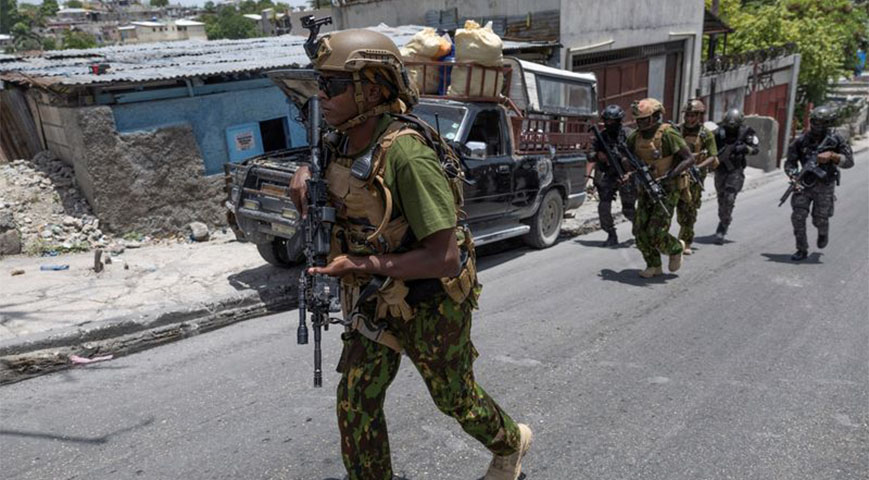Haiti's government has created a provisional electoral council, a significant step toward reviving its long-stalled electoral process.
This move marks the first concrete action in years after repeated attempts were thwarted by political turmoil and violence. The Caribbean nation, which has not held elections since 2016, is expected to conduct them by 2026.
Under normal conditions, elections would occur every five years, but Haiti’s political instability has worsened since the assassination of President Jovenel Moïse in 2021, which left the country without a president. Armed gangs now control approximately 80% of Port-au-Prince, as well as other regions, further complicating the nation’s governance.

Did you read this?
As the prime minister's office stated, the newly established electoral council currently includes representatives from seven sectors, including religious groups, journalists, farmers, and unions. However, it still lacks delegates for seats reserved for human rights and women’s rights organizations.
The council’s primary responsibilities will include setting the legal groundwork for elections and overseeing their organization.
The committee was formed by Haiti’s transitional presidential council, which has governed since April and whose mandate expires in February 2026, when elections must occur.

A previous electoral council was dissolved in 2021 under former Prime Minister Ariel Henry, who assumed office following Moïse's death but was later ousted after failing to re-enter the country during a mission to seek international security support.
Executive power in Haiti is typically divided between the president and prime minister; however, Garry Conille currently serves as the interim prime minister.
Both councils face significant challenges in stabilizing the country. Only Kenya and Jamaica have deployed forces to Haiti as part of a U.N.-backed anti-gang mission, which is set to expire soon unless renewed.
A draft resolution suggests that the mission could be transformed into a formal U.N. peacekeeping operation, ensuring its funding and continuation.









